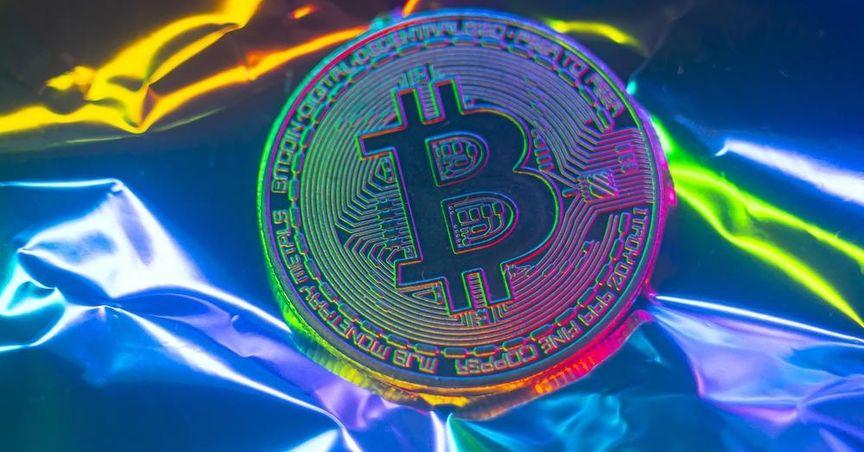The hybrid gambling, memecoin, and decentralized finance project Mpeppe, also known as MPEPPÉ or MPEPE, is currently under scrutiny for potentially orchestrating a fraudulent presale. Concerns have emerged as several participants reported paying for tokens but receiving nothing in return.
According to the project’s claims, the funds raised are intended for developing a casino, a collection of player card non-fungible tokens (NFT), and a decentralized finance (DeFi) protocol linked to the token. However, blockchain data reveals that the entire supply of the token is held within the deployer account and has not been distributed to any participants.
Issues have been flagged by multiple users who assert that their payments were not exchanged for tokens. For instance, an individual identified only as “Chosen” reported transferring a substantial amount of USDT to the project's deposit address without receiving any tokens.This individual discovered Mpeppe through a crypto media site and trusted the project's legitimacy based on this referral.
Attempts to contact Mpeppe through its official Telegram channel yielded no response, as the channel became inaccessible shortly after questions were posted. Additionally, unofficial channels also feature complaints from users about not receiving tokens despite making payments.
The Mpeppe website features a “buy $MPEPE” button that prompts users to log in or sign up before requesting personal information such as email addresses and phone numbers. After providing this information, users are directed to a dashboard where they can initiate a transaction. However, instead of processing transactions directly through the site, users are provided with a QR code and address to manually send funds, a practice uncommon in standard crypto presale processes.
Further investigation reveals that the deposit addresses used for the presale have been linked to significant token transactions and conversions on various platforms, raising concerns about potential fund mismanagement.
Mpeppe's presale structure deviates from typical practices, which usually involve smart contracts for automated token distribution. The lack of a smart contract and the requirement for manual transactions suggest a heightened risk of fraudulent activity.
While Mpeppe has not yet been definitively proven to be a scam, the project's unconventional practices and lack of transparency warrant caution. Users should remain vigilant and be aware of the risks associated with engaging in presales with unverified or pseudonymous projects.



